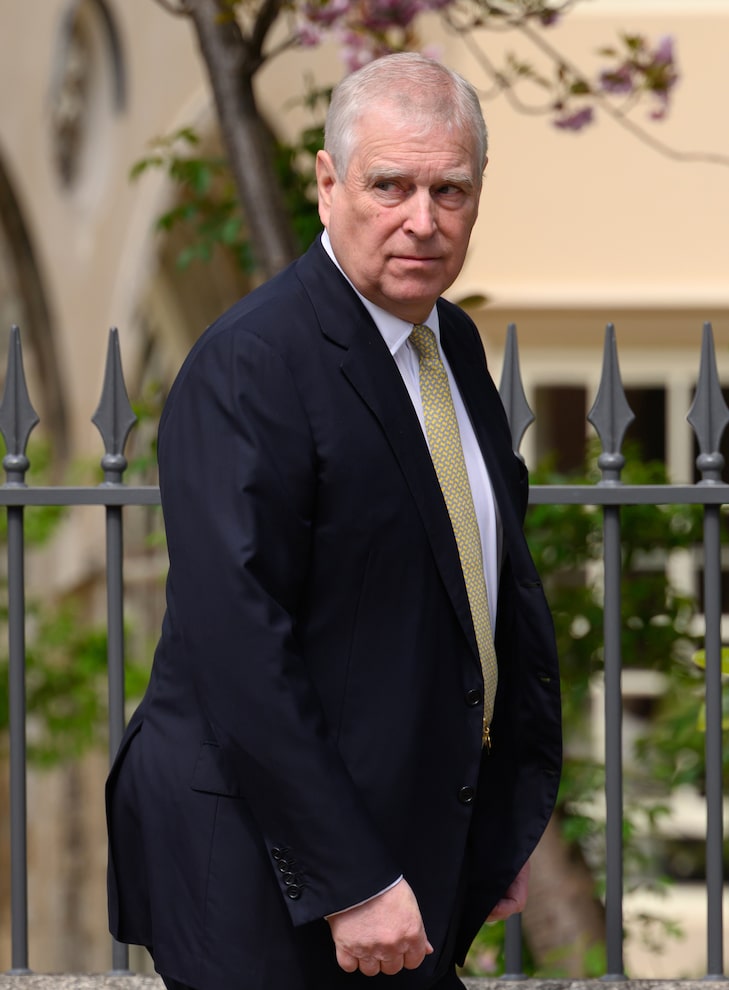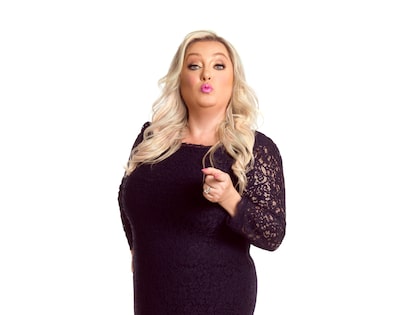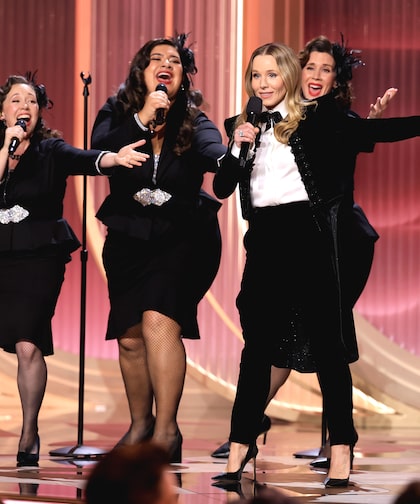News February 04, 2024
Don’t Regret Selling Your Small Business, Start an Employee Ownership Trust
 Getty Images
Getty Images
Dozens of founders in the beauty and fashion spaces have said they regret selling their successful brands to larger companies that later dismantle teams, change the ethos or quality of the products, or fold the brands altogether despite promises otherwise, tarnishing founders' legacies.
But beauty and fashion founders aren't alone. According to Common Trust, which helps business owners exit their brands with purpose through an Employee Ownership Trust (EOT), research has shown that as many as 75% of business owners regret selling their company within a year.
With more U.S. small business owners reaching retirement age — or hoping to move on to launch their next venture — it is often a struggle to find a buyer who will maintain the brand's image, and retain the trust of consumers who have come to love their products or services.
"Whether you’re a business leader mulling over succession plans and engagement strategies, or you’re an owner who wants to lead a values-driven business for decades to come, employee ownership is worth considering," says Zoe Schlag, co-founder and managing partner of Common Trust. "Even if they never hold a C-level or senior management title, staff with an upside stake in the business are likely to feel more invested in and aligned with your organization’s future success."
Common Trust says EOTs offer a high-performance, legacy-aligned pathway to keep beloved companies in business long-term. And EOTs offer a more cost-effective and streamlined alternative to the more common Employee Stock Ownership Plans (ESOPs), which require substantial investments and complex governance.
Many fashion companies have turned to employee ownership in different forms in recent years, and companies in other industries are catching on.
Cycling apparel brand Kitsbow transitioned to majority employee ownership in 2022. W.L. Gore & Associates, the maker of Gore-Tex, is one of the largest employee-owned manufacturing companies in the U.S. Fashion designer Eileen Fisher began transitioning her fashion empire to employee ownership nearly 20 years ago.
“Once we started having extra profit, the first thought was share it with the employees. They do all the work, it’s only fair to share, which I think all companies should have to do,” Fisher told CNN’s Poppy Harlow during a 2020 episode of the "Boss Files" podcast. “People speak up more when they see things that don’t feel right or if people are wasting money over there."
Billionaire investor Mark Cuban agrees.
"Even if it's a small private company that may never grow big, if you're a dry cleaner, share," Cuban said in a 2020 interview with LinkedIn editor in chief Dan Roth. "Your employees will work harder. They'll recognize that they're an owner. They'll have a completely different perspective. And that benefits everybody."
For owners of smaller businesses, EOTs offer major advantages over the ESOP structure of industry giants like W.L. Gore and Eileen Fisher.
Common Trust says it helped Clegg Auto become the first EOT in Utah back in August 2022, and a year later, its profits doubled under employee ownership.
Formerly majority-owned by brothers Kevin and Steve Clegg, the group of four auto repair and body shops has long been a respected member of the Utah business community, known for high-quality customer service. Their transition to a single employee-owned company structure became the first EOT holding company in the U.S, with all 55 employees participating in profit sharing and governance.
Common Trust worked directly with the Clegg team to build an Employee Ownership Trust customized to protect its key company values and the long-term welfare of employees, and provided capital for the transaction through its sister fund. The EOT model is much cheaper than an ESOP, allowing owners to get cash out on day one, with competitive sale pricing, tax advantages, and long-term upside for management.
That simplicity aligns with the needs of small businesses, allowing them to allocate resources toward growth and innovation rather than administrative overhead, according to Common Trust.
The company said Clegg Auto's transformation stands as evidence of the "ownership flywheel" effect, where employee empowerment fuels motivation and drives performance.
"This flywheel was especially visible during the pandemic’s economic downturn," Schlag said. "Employee-owned essential businesses laid off staff at one-quarter the rate of non-employee-owned competitors. These firms kept moving forward, buoyed in part by employees who were committed to preserving their organization’s health."
"We had our best quarter in company history after becoming employee-owned, and this last quarter we nearly doubled those results again, as well as hit our highest-customer satisfaction metrics since the company was founded," said Kevin Clegg.
TMX contributed to this story.













